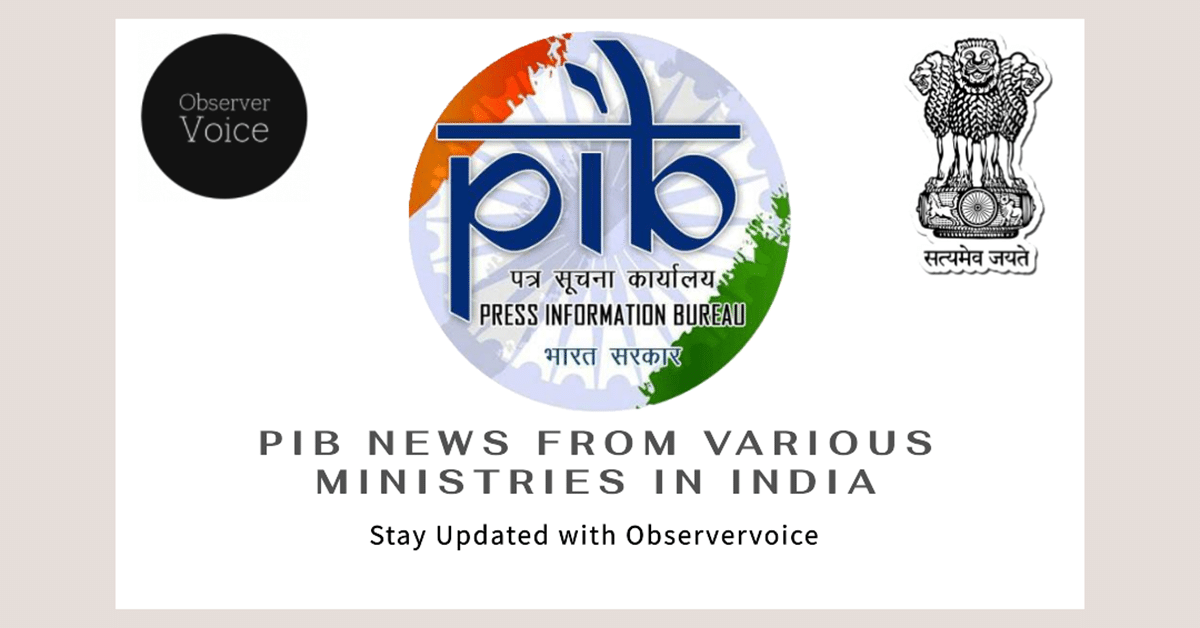Advancing India’s Ocean and Climate Missions

The Ministry of Earth Sciences in India has launched several significant initiatives aimed at enhancing the country’s understanding and management of its climate and ocean resources. These initiatives include the National Monsoon Mission, Mission Mausam, and the Deep Ocean Mission (DOM). Each of these missions plays a crucial role in addressing various environmental challenges and promoting sustainable development in India. This article delves into the objectives and impacts of these missions, highlighting their importance for the nation’s economy and society.
National Monsoon Mission: Enhancing Weather Forecasting
Launched in 2012, the National Monsoon Mission aims to improve the accuracy of monsoon forecasts across India. This mission seeks to establish a collaborative framework between academic institutions and research organizations, both nationally and internationally. By enhancing operational monsoon forecasting skills, the mission supports critical sectors such as agriculture, hydrology, and power generation.
One of the primary goals of the National Monsoon Mission is to develop a state-of-the-art dynamical modeling framework. This framework will enhance the prediction skills for seasonal and extended-range forecasts, as well as short and medium-range predictions. Improved forecasting capabilities are essential for farmers, policymakers, and the general public, as they provide timely information about rainfall patterns and potential cyclones.
The mission has already demonstrated its value by significantly improving the accuracy of seasonal predictions. This has been particularly beneficial for farmers who rely on accurate weather forecasts for planting and harvesting crops. Additionally, timely warnings about cyclones have helped save lives and minimize property damage. Overall, the National Monsoon Mission is a vital step towards better climate resilience in India.
Mission Mausam: A Comprehensive Approach to Climate Science
Mission Mausam, launched in 2024, is a transformative initiative designed to enhance India’s weather and climate-related research and services. This mission focuses on equipping various stakeholders, including citizens and local communities, to better handle extreme weather events and the impacts of climate change.
One of the key aspects of Mission Mausam is the improvement of observational networks. By augmenting these networks, the mission aims to provide highly accurate and timely weather and climate information. This includes forecasts for monsoons, alerts for air quality, and warnings for extreme weather events such as cyclones and heavy rainfall.
In addition to improving forecasting capabilities, Mission Mausam emphasizes capacity building and awareness generation. It aims to educate the public about weather patterns and climate change, fostering a more informed society. By enhancing the quality of weather information and increasing public awareness, Mission Mausam seeks to create a more resilient population capable of adapting to climate-related challenges.
Deep Ocean Mission: Exploring Sustainable Ocean Resources
The Deep Ocean Mission (DOM), initiated in 2021, is a multi-disciplinary program focused on exploring and sustainably harnessing deep-sea resources. This mission directly supports the blue economy, which encompasses various sectors such as fisheries, tourism, maritime transport, and renewable energy.
DOM aims to develop advanced technologies for deep-sea exploration, including a manned submersible capable of reaching depths of 6,000 meters. The mission also focuses on exploring deep-sea mineral resources and marine biodiversity. By understanding these resources better, India can expand its blue economy while ensuring sustainable practices.
One of the significant activities under DOM is the extensive survey and exploration of polymetallic nodules and sulphides in the Central Indian Ocean Basin. These resources are rich in essential minerals like Nickel, Cobalt, and Copper. India has signed a contract with the International Seabed Authority to explore these areas, covering a vast expanse of ocean floor. The mission aims to ensure that the exploration and utilization of these resources do not lead to over-exploitation, promoting a balanced approach to marine resource management.
International Cooperation: The Biodiversity Beyond National Jurisdiction Agreement
In 2021, India took a significant step by approving the signing of the Biodiversity Beyond National Jurisdiction (BBNJ) Agreement, also known as the ‘High Seas’ Treaty. This international treaty, under the United Nations Convention on the Law of the Sea (UNCLOS), aims to ensure the conservation and sustainable use of marine biological diversity in areas beyond national jurisdiction.
The BBNJ Agreement establishes mechanisms for international cooperation and coordination in managing marine biodiversity. It promotes an ecosystem-centric approach and emphasizes the importance of traditional knowledge alongside scientific research. By implementing this agreement, India aims to minimize the environmental impact of marine activities and promote sustainable practices.
The Ministry of Earth Sciences will lead the implementation of the BBNJ Agreement in India. This initiative reflects the country’s commitment to protecting marine biodiversity and ensuring the sustainable use of ocean resources. Through these efforts, India is positioning itself as a responsible steward of its marine environment, balancing economic development with ecological preservation.
Observer Voice is the one stop site for National, International news, Sports, Editor’s Choice, Art/culture contents, Quotes and much more. We also cover historical contents. Historical contents includes World History, Indian History, and what happened today. The website also covers Entertainment across the India and World.

